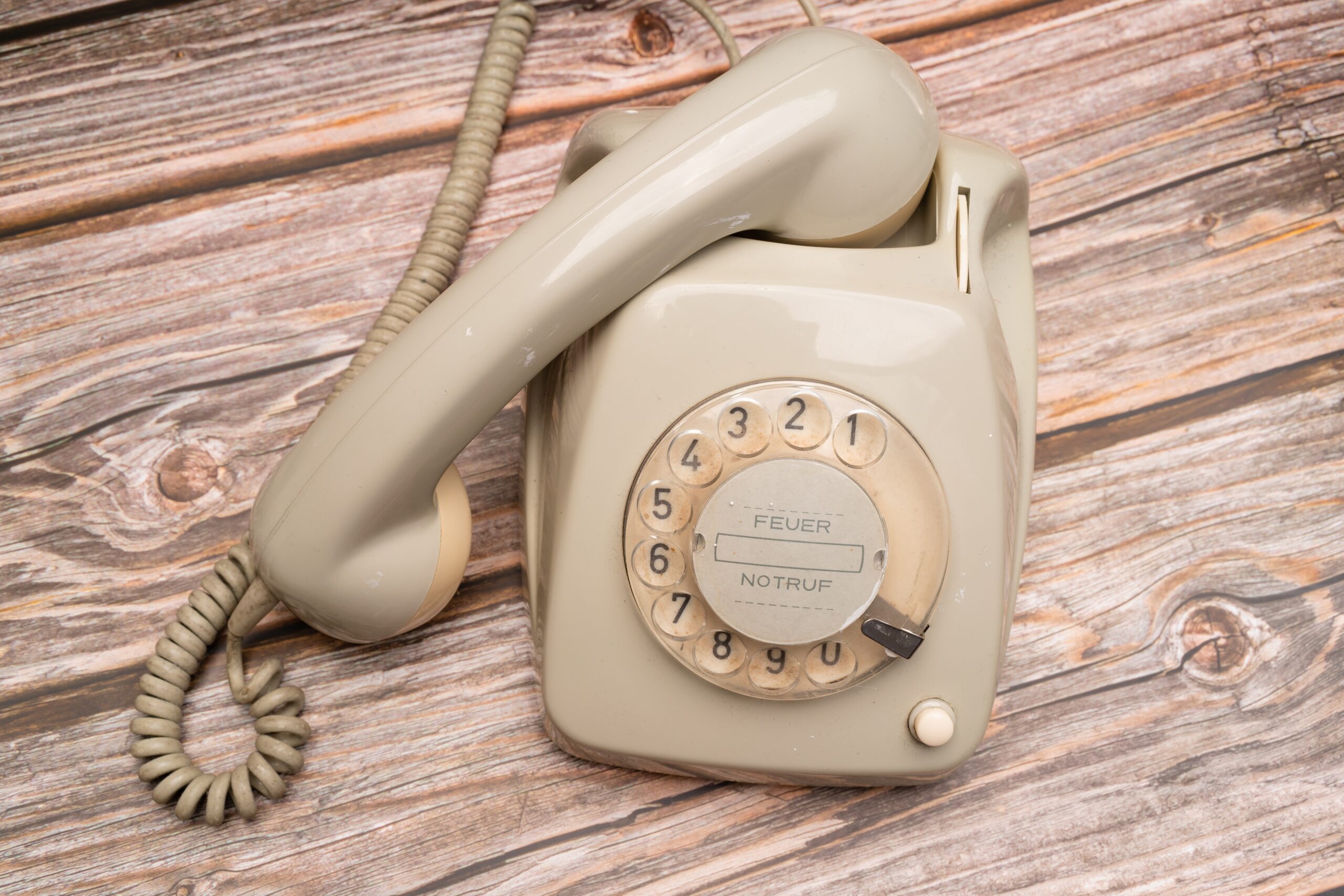Senior managers acknowledge that lack of notice over telephone service closure was ‘definitely not part of the plan’ but refute MP’s suggestions that exercise ‘does not seem to have worked’
HM Revenue and Customs is planning to conduct another temporary closure of its income tax self-assessment telephone helpline as senior leaders claim that a trial shutdown this summer demonstrated “considerable success”.
HMRC announced shortly before 11am on Thursday 8 June that, once the telephone service closed for the weekend at 6pm the following day, it would not reopen until Monday 4 September. During this time, callers to the service were directed to instead try and use digital services – including online guidance and a webchat tool. Those that still wanted to speak to an advisor were instructed to ring a helpline offering support with the use of online services.
Pausing the self-assessment advice line during what are typically its quietest months was intended to allow the department to move about 350 staff to other telephone support services fielding more urgent calls, HMRC claimed.
In a recent appearance before MPs on the Treasury committee, deputy chief executive Angela MacDonald said that the tax agency’s board had first planned this course of action in April – and acknowledged that “it definitely was not part of the plan” to announce the shutdown of the helpline with less than 36 hours’ notice.
The committee has previously criticised “the lack of detail and transparency displayed by leadership” in closing the helpline so abruptly and, asked by chair Harriet Baldwin what had delayed the organisation in making this announcement, MacDonald responded: “We absolutely needed to have good-quality conversations with ministers about making such a major intervention and… to consult various colleagues across the piece. By the time that we had managed to get our way through all the range of stakeholders internally who we needed to talk to, we ran out of the time that we would ideally have had to have to communicate further and more fully.”
While HMRC is planning to undertake a full assessment of the impact of the trial early next year, chief executive Jim Harra recently wrote to the Treasury committee providing the results of an “interim evaluation”.
Related content
- ‘We do not want it to be a hardship to contact us’ – how HMRC hopes to use AI and analytics to transform customer service
- HMRC: 85% of customer service is now digital
- HMRC picks £5m partner to support programme to ‘transform customer interactions’
The letter claimed that, during the same period last year, staff on the self-assessment helpline fielded 864,000 calls.
This summer, there “were around 357,000 contacts that needed to be handled by advisers”. This included 216,000 uses of the self-assessment webchat tool and 35,000 instances in which a citizen rang a helpline for an alternative HMRC service to try and obtain support for an issue related to self-assessment.
A further 106,000 people rang the helpline offering support with using online services.
In his evidence given to MPs, Harra acknowledged that “the demand on the online services helpline exceeded our forecast, so initially in the trial we did not have sufficient advisers on that helpline to deal with that demand”. This resulted in the service’s customer satisfaction rating falling from 29.4% to 24.7%, the chief executive indicated.
“The demand on the online services helpdesk was higher than we had forecast, and therefore, we needed to train up and deploy additional advisers,” he added. “In the initial period of the trial, that meant poor service levels on that helpline, and therefore reduced customer satisfaction. However, as the trial went on, we added more resources to that helpline and customer satisfaction levels increased.”
Despite these challenges, Harra refuted Baldwin’s suggestion that “this pilot does not seemed to have worked, does it?”.
“On the contrary, what the interim evaluation shows is that there was some considerable success,” the HMRC chief said. “The pilot succeeded in reducing the customer contact demand during that period. It succeeded in deflecting a significant proportion of that demand online to the digital assistant and webchat, where we were able to give good service and got good levels of customer satisfaction.”
Being able to track the extent to which demand for support had manifested in other areas of HMRC customer service has given the department “good data for planning for the future”, Harra said.
MacDonald confirmed to MPs that HMRC is planning another similar pilot exercise in due course. Such an initiative will be informed by further evaluation of this summer’s experiment – which will be conducted after the filing deadline for self-assessment returns for the 2023 fiscal year closes on 31 January.
Harra said: “We have to wait until we have completed the SA filing peak before we can do the full evaluation, but we are encouraged by the fact that we succeeded in reducing contact demand without impacting on the filing and payment of self-assessment, and we are encouraged that a large number of customers were able successfully to use the digital assistant and webchat.”





It¦s really a great and helpful piece of information. I¦m glad that you simply shared this useful information with us. Please keep us informed like this. Thanks for sharing.